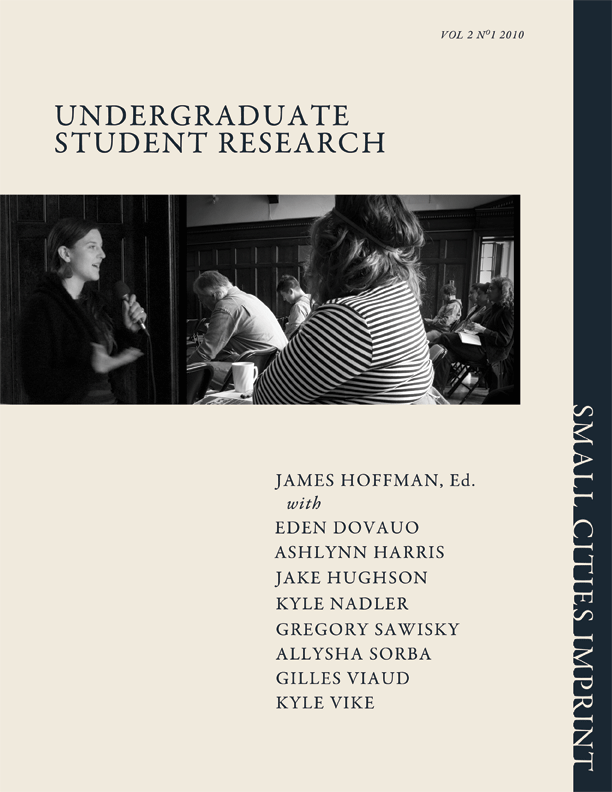Froth Flotation and Kimberley, B.C.: The Role of Technology in the Transition Between Mining Camp and Community
Abstract
Throughout the industrial age, the search for mineral resources has led to the creation of many temporary resource extraction settlements, the vast majority of which never become long-term communities. For those who do, there is a critical point at which they transform from a largely single-sex work camp into a community with families and extended social and employment networks. While much research has been done on the growth and development of resource communities, far less has focused on this transitional period, and one aspect in particular has been especially neglected – the role of mining technology. This article examines the invention and application of one extremely influential piece of technology, the differential froth flotation method of ore separation, and its impact on the hard-rock mining communities. Due to this technology’s extension of mine lifespan, long-term settlements could be developed around mine sites. In the case of twentieth century North American resource communities, this transition was also aided by research on crime and social trends that suggested advantages to living in smaller urban or suburban centers. This in turn influenced public policy that created a favorable atmosphere for the growth and survival of many small cities that had originated as resource extraction camps. This article examines these various contributing factors by using the example of a particular British Columbia community.

